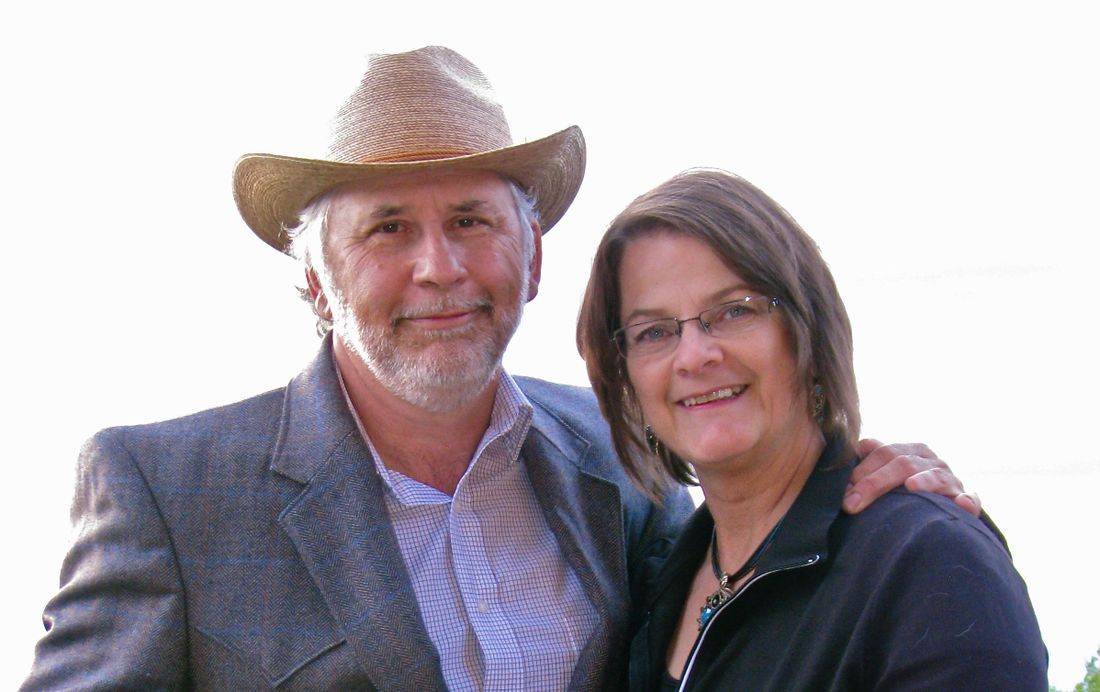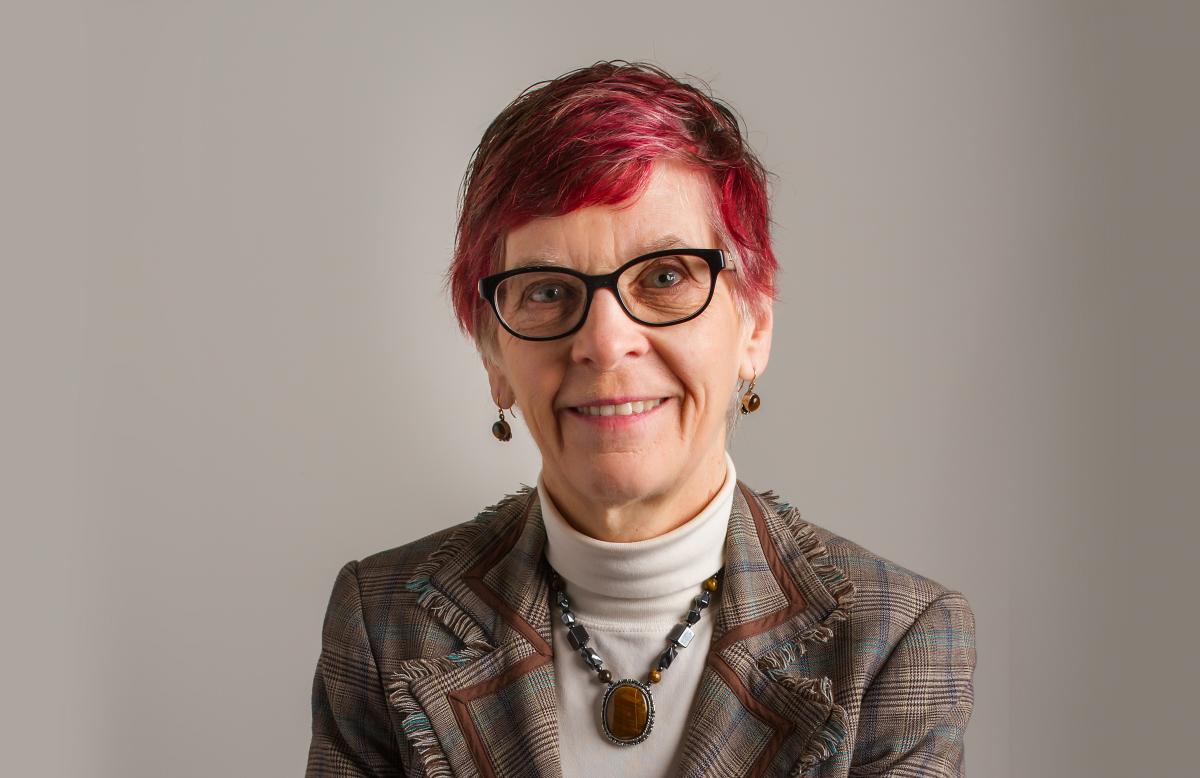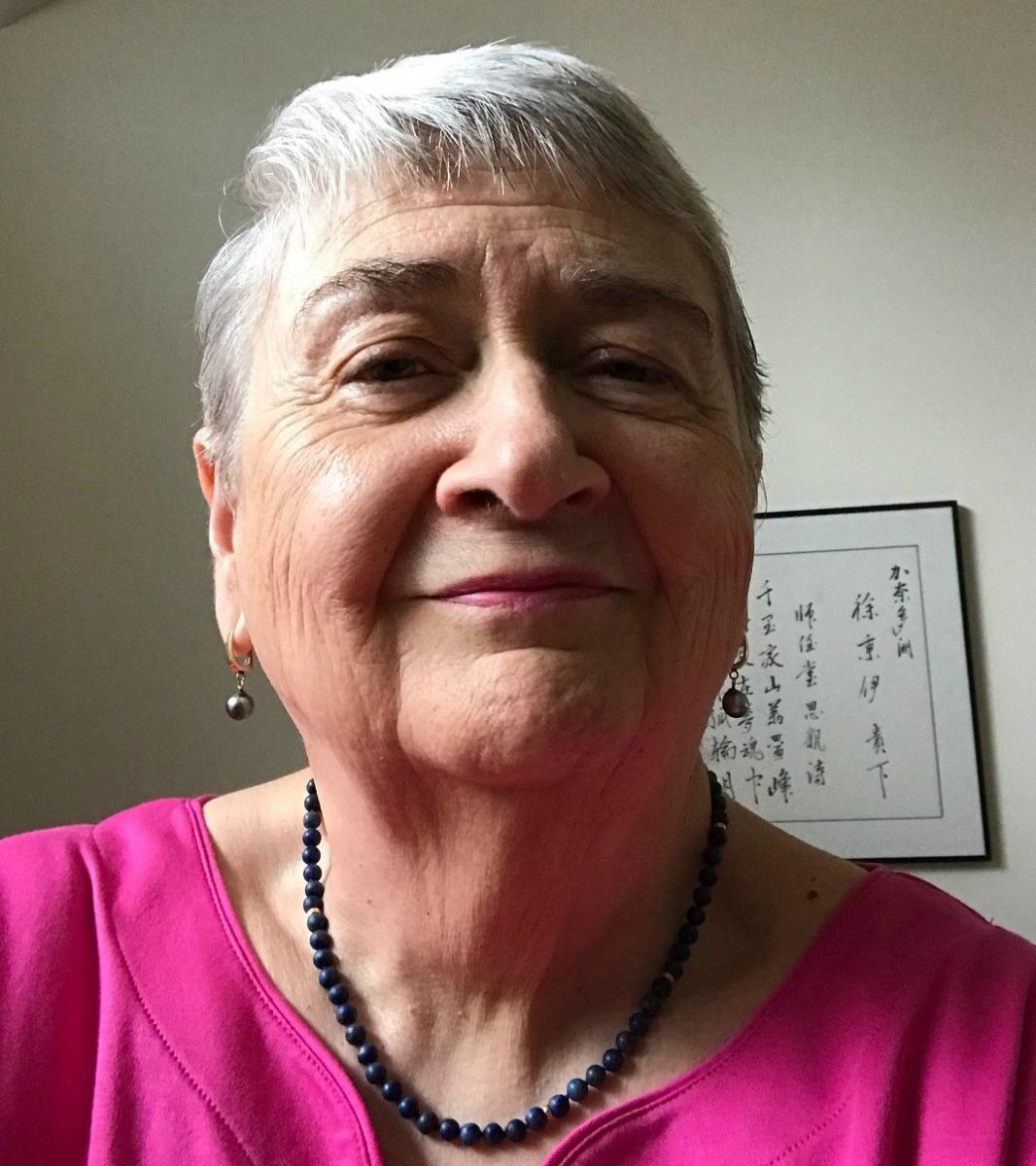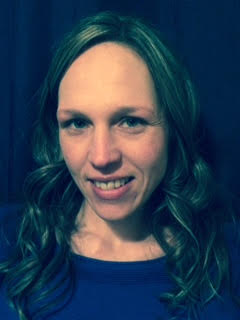Class Notes | Fall 2017
27 November 2017

To mark the 75th anniversary of the UAlberta Faculty of Education, we asked alumni to share memorable moments from their student experience. Responses ranged from stories about professors who helped inspire students on their education journey to student-teaching gaffes that were lessons in and of themselves; from snapshots of social etiquette half a century ago to historic moments that were felt for generations. Thanks to all the alumni who shared their memories!
Joyce Cutts, Ed Dipl ‘53, writes, “Every year the university put on displays for prospective students so they could get an idea of which faculty they might want to register for. Well, I was studying physical education and that year our dance professor Pat Austin was asked to put something on. She chose to demonstrate a dance and she chose the Mexican Hat Dance. So we all practiced and we were ready for the day. I remember the ladies wore nice long, flowing skirts and we did our thing. I remember being so caught up with the music and moving with every part of my body. After the dance was over, we were thanked and we all went off to our respective classes. A couple of days later, I was standing in the U of A Library waiting for a friend and a philosophy professor came up to me and commented about my performance in that particular dance. I look a little surprised. But over that year, we connected and talked, and I think he knew I had a crush on him. On the last day of classes I was returning home, I went into his office and asked him if I could write to him. He nodded and I left his office. I never did write to him—I think I grew up during the summer!!!!”
Gordon Greene, BEd ‘55, says, “I registered for a BA in 1951 and then completed the BEd requirements. My plan to teach high school evaded me because of influential professors—F.M. Salter in English, Richard Eaton in music, and Anthony Mardiros in philosophy. Salter admitted me to his creative writing class (3,000 words a week for 26 weeks). Eaton invited me to serve as assistant conductor of the Mixed Chorus and, on graduation, had me offer choral workshops throughout the province while I completed an MA in philosophy with a thesis in aesthetics. These experiences led to a PhD in musicology (Indiana U) with a dissertation that resulted in my contributing five volumes of French music to the 25 volume series, Polyphonic Music of the Fourteenth Century (Oiseau-Lyre Press, Paris). Two historical novels resulted as well—Searching for Papa Luna, a Modern Mystery, and Papa Luna, Benedict XIII & The Schism. My BEd served well while teaching music history at Western in London, University of Toronto, and finally as Dean of Music at Wilfrid Laurier University, Waterloo.”
Agnes Fisher, Ed Dipl ‘58, BEd ‘60, writes, “During my first year in 1956-57, I took part in all the productions at Studio Theatre because drama students were required to support each play. This meant three nights of dress rehearsals and 10 production nights at the old quonset huts where 149 guests could be seated for each performance. Those who lived in Pembina Hall were given special permission to be out late. I have wonderful memories of Pembina Hall and of Miss Simpson, the Dean of Women, who would entertain every first year girl at a coffee party where coffee was served in tiny demitasse cups. Pembina girls got to go twice. Pembina girls were expected to be ladies who dressed appropriately in skirts. My favorite memory of Miss Simpson was the night she told us that if we must go out in slacks for some sporting event, we should go out quickly and not stand around in the rotunda. I taught for a few years, raised my children, and then started a real estate career, from which I just retired after 39 years.”
John McEwen, ’BEd ‘64, MEd ’74, writes, “It was the late fall of 1963 and I was in the lunchroom in the basement of the Education Building. I wanted to use the phone, as there were some in the room, by the door. The room was full of young Ed students chattering away over lunch. Suddenly the boy using the phone turned and cried out, ‘Kennedy has been shot!’ There was sudden quiet while he listened, then announced that JFK was being rushed to hospital with Jackie. The girls, who had been eating with their boyfriends, were standing and sobbing, while the boys holding them were trying hard not to sob. I kept standing, unsure, shocked, my phone call forgotten. Today’s teachers may certainly have to face such events, given recent world events.”

Evelyn Abell, BEd ’65, “Dr. Kreisel—an amazing professor. My final year of a BEd majoring in English found me in Dr. Kreisel's class on early modern British literature. Integrating history, philosophy, politics and psychology into the study of modern literature, Dr. Kreisel included his real-life experience as an Austrian Jew under East German rule. Every class was electrifying, filled with an energy that only a true master can manifest. Yeats, Eliot, Synge, O'Casey all came alive and spoke directly to us through this ‘interpreter.’ Most exciting was the culmination of our study of T.S. Eliot. Dr. Kriesel entered our theatre—the classroom—suddenly transformed into an actor, and launched into a spellbinding oration of The Wasteland. The reading consumed the entire 50 minutes. He closed the book. We gave him a joyful, tearful, enthusiastic standing ovation, then the bell rang and we quietly dispersed, transformed by this experience.”
Jim McLennan, BEd ‘77 & Lynda McLennan Ed Dipl ’76. Jim and Lynda began fly-fishing together in the 1970s. Married since 1977, they have operated McLennan Fly-Fishing full time since 2004, and in that time have taught thousands of people the fine art of fly-fishing.
Jim was one of the first fly-fishing guides on Alberta’s Bow River, and is a well-known outdoor writer and speaker. He is the author of four books on fly-fishing, is the managing editor of Fly Fusion magazine, and has received many awards for his writing. Jim is also co-host, along with Derek Bird, of Fly Fusion Television, a series broadcast on the World Fishing Network. Lynda taught music at the Alberta High School of Fine Arts and has been teaching fly fishing since 1985. She was a founding director of Casting For Life, a fly-fishing retreat for breast cancer survivors, as well as part of the founding committee of Trout Unlimited. She is a skilled photographer whose work appears in magazines, books, and on numerous websites. In 2006, the McLennans were invited to represent Alberta’s fly-fishing community at the Smithsonian’s Folklife Festival in Washington, D.C.
Angela Padovani, BEd ’77, recalls, “At 17, in 1972, I began my university studies. I had only high school French and a six-week summer course at Collège St. Jean. My studies were not going well. Although I was doing well in the grammar/writing class, I discovered that my oral French class was not a level playing field. Many of my fellow students were at a distinct advantage having had an immersion experience or coming from a French-speaking background. The situation reached a critical point where I thought I would never realize my dream of becoming a French teacher. I was going to quit. Still, I thought to ask my grammar professor, Pierre Monod, if he thought I had what it took to become a successful teacher. His emphatic response: ‘Mais, bien sûr, Mademoiselle!’ That’s all I needed. I’m now retired, having taught French and Spanish 32 years.”
Wayne Pendleton, BEd ’83, writes from Australia, “These past 34 years in semi-tropical Queensland have failed to wipe my memory of attending a U of A Education faculty class during a cold snap of -30C, with a -90C wind chill! The professor and I were the only ones who braved the weather, resulting in a rather informal shortened session. My bachelor degrees in commerce and education from U of A laid the groundwork for my teaching career at elementary, secondary and tertiary levels. The first year was the most difficult. I was the only teacher in the vocational business program at Hanna Regional High School, a replacement for three teachers who implemented the program the previous year. At Hanna, Typing 10 was a challenge for some of the big farm boys, with individual fingers too large to fit on a single key. That’s what they claimed anyway, as typewriters jammed up frequently.”
Ken Shields BEd ‘69, MEd ’84, says, “Our 1984 MEd group was extremely supportive of each other and close links were formed that remain intact today, 33 years later. That support was clearly reflected when one event took place. When I decided to organize a luncheon as a fundraiser for Easter Seals in support of disabled children, my colleagues, the profs and the office staff were all enthusiastic and supportive. Everyone including the department head showed up for the event which proved to be most enjoyable and loaded with calories! As well as having financial contributions for the luncheon we raised funds by a draw for an attractive plush Easter chick. Easter Seals benefitted from the financial contribution and the rest of us from the delightful shared experience.”

Virginia Sauve, MEd ‘82, PhD ’91, recalls, “The one course that I remember with excitement while in my master’s program in Ed Admin was "Educator as Change Agent." When I read the course description, I knew this was the kind of education I wanted to do. Dr Gordon MacIntosh painted a picture of inspiring and empowering learners to create a positive future. He inspired me. All the work I have since done in participatory workplace education began the day I recognized that I not only could be a change agent in the world but that I had a responsibility to be one. My thanks to a genuine mentor and friend: Gordon MacIntosh!”
Brenda Wolodko, BEd ‘87, PhD ’04, writes, “As a graduate student in education I had the opportunity to teach my first university mathematics education course. On the first day of class a student put up her hand and said, ‘This may be a stupid question but…’ As a result of nerves, instead of saying, ‘There is no such thing as a stupid question,’ I said, ‘There is no such thing as a stupid question, only stupid people.’ All chatting stopped, mouths hung open and students just stared at me. I was doing the same back. Finally one of the students at the back of the class began to laugh and we all followed. The rest of the semester went much more smoothly. After 17 years teaching at universities across three countries, this is still my most embarrassing moment.”
Craig MacDonald, BEd ’05, says, “During my practicum at a Catholic high school in Edmonton, I had my ‘Aha!’ moment. My students were working diligently on a social studies group project when a student abruptly cursed from across the class. Knowing it was not a student who normally curses for effect, action had to be taken. I told the student to go to the corner and give me five (5) Hail Mary prayers. I said this to cut the tension for the student but it had a different effect. As I left my desk to see what had happened to cause this distress, the student proceeded to get out of his desk and went to the corner and blessed himself. Other students asked if I meant what I was saying, and I said, ‘Yes, of course,’ but in my head I was thinking, 'I am not a priest.’ During lunch break, when my mentoring teacher asked how the day was going, I relayed the story. The first part brought great laughter to the staff room. When he asked me what happened next, he could not believe that the student did what I had asked. Again, there was great laughter. He then asked if I spoke to the student and I told him that I had not because he had done his penance for his sin of cursing. Yes, I am still teaching.”

Kristin Lapierre, BEd ’06, recalls, “One moment that is very special to me during my time at the University of Alberta was when I was in my third year of studies at the Faculty of Education. At the time, I was being challenged by Dr. Barb Spilchuk to write a paper about how to create a Writing and Publishing Workshop and an Author’s Corner for the purposes of showing how to advance students’ writing skills. Though I was not sure whether I would be successful in this endeavour, I took on the challenge, did my research, and wrote the paper to the best of my ability. When my paper was handed back to me, Dr. Spilchuk had written the following comment: ‘Excellent Kristin, This paper suggests that you might consider graduate level work at some point.’ At first, I doubted whether I could rise to the challenge of such a task in the future. But, after some teaching experience and wanting to learn more about the profession, I decided that additional studies were needed and, with hard work and dedication, I obtained my Master’s in Curriculum Studies and Instruction. Without Dr. Spilchuk’s encouragement to continue on with additional learning, then I’m not sure if I would have considered graduate school. Thank you, Dr. Spilchuk, for seeing potential in me.”
Katrina Semeniuk, BEd ’09, writes, “My BPE/Ed degree required six classes per semester for five years. I never thought I would have time for romance. In year two, I was his orientation leader. We all know you’re not supposed to date your delegates… So I didn’t. In year three, we were on PERCS. I learned he was one month older than me, not a year younger. A concert at Convocation Hall marked our first date. Later, we borrowed a star-gazing book from Rutherford and studied the sky from the MaMeO Beach pier. When I joined the Ed Students Association, he came for visits—across the street from our old shared office and all the memories there. We walked across the convocation stage together in 2009. We returned to the pier before they blew it up and, on bended knee, he read me his poem “Say YES.” We got married in 2011. Today, we’re raising four beautiful children. We’re bound by our green and gold roots, growing together so we look like one tree, not two.”
Kirsten Horton, BEd ’14, writes, “I'll always remember Dwayne Donald's course on Aboriginal education. His talks about traditional knowledge, both in our classroom circle and in the river valley, helped me see another way of knowing besides empiricism. That's one of the most important lessons I learned in my degree.”
Taryn Banach, BEd ’16, was nominated for the 2017 Edwin Parr Award for first-year teachers. Since graduating from the University of Alberta, she has been employed by the Peace River School Division No. 10 and works at Worsley Central School. For the 2017/18 school year, she is teaching high school science as well as acting as the Inclusive Education Coach for her school, working with teachers, parents, and outside agencies to make sure the needs of her diverse learners are being met. She loves working in education and thinks teaching is one of the best careers in the world!
Feature image: Jim McLennan, BEd ‘77 and Lynda McLennan Ed Dipl ’76.